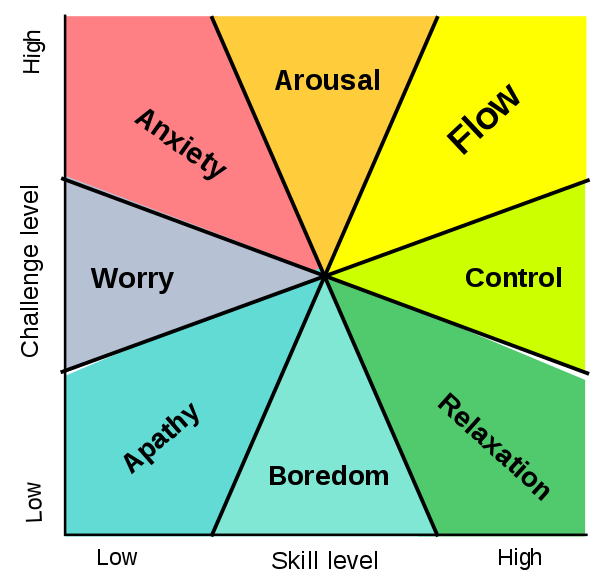Ode to Flow: What was Leonard Knight thinking?
By: Andrew Thomas
Jesus supposedly had flow. Leonard Knight definitely did.
When I first read Flow, in college, I was mesmerized by the promise of achieving the book’s namesake, a state of mind that author Mihaly Csikszentmihalyi described as “...being completely involved in an activity for its own sake. The ego falls away.” At the time, however, I really only considered this concept within the context of specific day-to-day jobs. I would love to get into that rhythmic flow; but footnote: only at work. My flow was compartmentalized to activities that were non-essential to my identity.
After getting frustrated with what felt like a distinct lack of flow, I quickly wrote off the concept as something that was not for me.
Not long after, I read about Leonard Knight and Salvation Mountain through Aaron Huey’s article in National Geographic. After Knight experienced a moment of religious clarity, which came when he was 36, he lived his life working to communicate a simple message until his passing in 2014. “God is Love,” that was his message. Spreading the word was his calling.
Today, it is literally spread all over Salvation Mountain. It is a brash, unapologetic and magnificent place, simultaneously reverent and irreverent, both serious and silly. The achievement must have required extreme dedication for the last 30 years of Knight’s life.
Salvation Mountain began in 1984 after Knight moved to Southern California. I am deeply impressed by the level of detail and commitment required to bring this archetype of “folk art” to life. Today, I imagine Knight moving in a “flow” state, consumed with active mediation and unencumbered creation, where his ego fell away. His devotion to expressing this idea, that God is Love, allowed him to transcend himself and create something unique and beautiful. He wasn’t after fame and fortune. He was trying to express a feeling that he had to express.
We don’t all need to paint mountains for the rest of our lives, or commit to evangelizing specific religious ideas, to be fulfilled. But maybe, at least once in a while, we should all experience the flow that I found in Knight’s life work.








